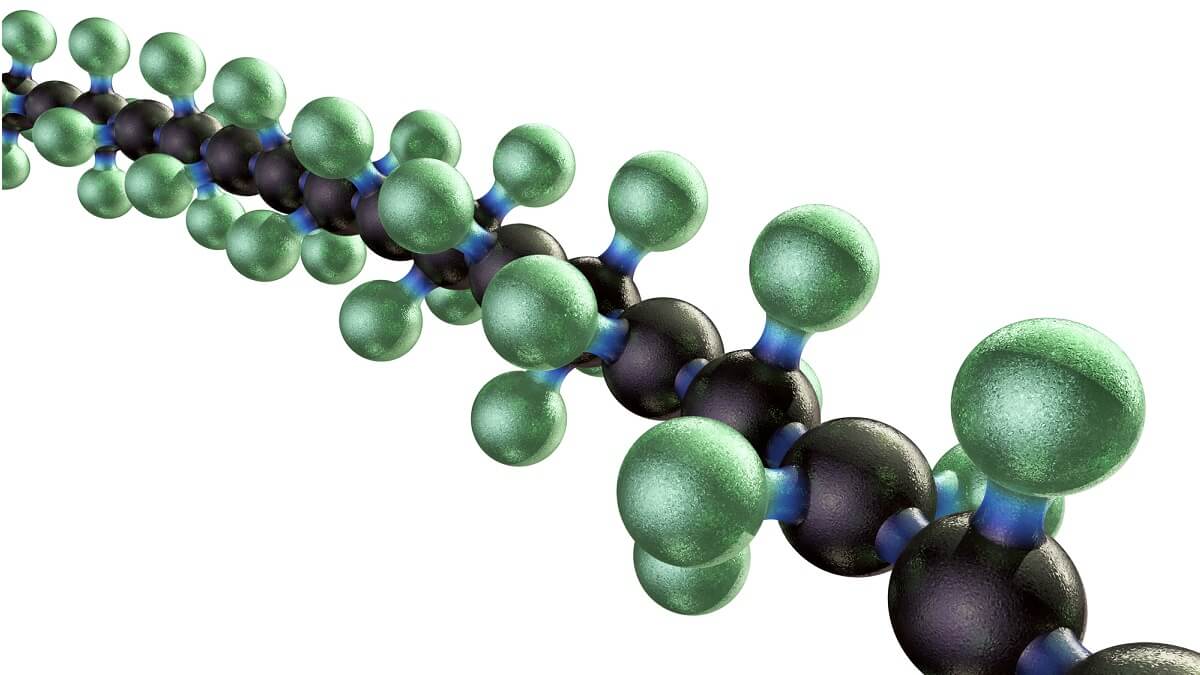Most Recent Developments in Polymers: Cutting-Edge Technology
Most Recent Developments in Polymers: Cutting-Edge Technology
Blog Article
Exploring the Varied Applications and Benefits of Polymers in Different Industries
Polymers, with their varied range of homes and capabilities, have actually ended up being essential in numerous industries, each reaping special benefits from their application. From enhancing safety and performance in the vehicle field to changing clinical gadgets in the health care market, polymers play a crucial function.
Automotive Sector Applications
Polymers play an essential role in improving the efficiency and longevity of various parts within the automotive market. One famous usage of polymers in the automotive market is in the manufacturing of light-weight parts.

Health Care Market Benefits
In numerous healthcare applications, the advantages of utilizing polymers are commonly identified for their diverse variety of advantageous properties. Polymers play a crucial function in the medical care sector as a result of their flexibility, biocompatibility, and cost-effectiveness. One of the primary advantages of polymers in medical care is their capability to be customized to particular demands, such as flexibility, toughness, and biodegradability, making them optimal for a variety of medical applications.
Polymer-based products are extensively used in clinical devices, such as catheters, implants, prosthetics, and drug distribution systems, due to their biocompatibility and capacity to resemble natural tissues. These materials can decrease the threat of allergies or denials, boosting person security and end results. Additionally, polymers are lightweight, making them suitable for wearable clinical tools and ensuring client comfort.
Additionally, polymers enable the advancement of ingenious treatment approaches, such as hydrogels for tissue engineering and nanocomposites for targeted medicine distribution. Their ease of processing and sanitation makes them essential for keeping high criteria of hygiene in healthcare settings. Generally, the diverse benefits of polymers contribute significantly to innovations in medical innovation and individual treatment.
Ecological Advantages of Polymers

In addition, polymers can add to energy financial savings because of their light-weight nature. In sectors such as transport, light-weight polymer products can help decrease fuel intake and greenhouse gas discharges. Furthermore, polymers can make it possible for the growth of energy-efficient products such as insulation materials that enhance power conservation in structures.
Moreover, polymers play a vital duty in minimizing water air pollution. For instance, the usage of polymer-based filtration systems can successfully get rid of pollutants and contaminants from wastewater, protecting water resources and ecological communities. Generally, the environmental advantages of polymers make them useful assets in advertising sustainability and environmentally friendly practices across different markets.
Polymers in Electronic Devices and Technology
Taking into consideration the raising demand for innovative and sustainable services additional resources in contemporary industries, the visit here combination of sophisticated polymer innovations in the realm of electronic devices and modern technology has actually become a pivotal method for driving performance and performance. Polymers have actually transformed the electronic devices industry by making it possible for the manufacturing of lighter, more flexible, and resilient digital devices. From mobile phones to clinical gadgets, polymers play an essential duty in boosting item layout and performance.
One substantial advantage of polymers in electronic devices is their shielding properties, which assist secure fragile electronic components from environmental elements and electric interference. Additionally, polymers are crucial in the development of versatile displays, wearable technology, and printed electronic devices, providing endless opportunities for producing wise and interconnected devices.
Moreover, using polymers in electronic packaging has actually brought about improvements in miniaturization and thermal monitoring, boosting the general efficiency and integrity of electronic systems. As innovation remains to evolve, the flexibility and flexibility of polymers will most certainly drive additionally development in the electronics sector, forming the future of modern technology.
Function of Polymers in Building and Infrastructure
The assimilation of advanced polymer products in building and facilities projects has reinvented the means structures are developed and integrated in modern-day times. Polymers use various benefits in the construction market because of their flexibility, toughness, and cost-effectiveness. One vital duty of polymers in building is their use in coatings and sealants, pop over here offering protection against environmental factors such as moisture, UV radiation, and rust. Additionally, polymers are made use of in the manufacturing of lightweight and high-strength composite products, boosting the architectural honesty of buildings while decreasing total weight.
Furthermore, polymers play a critical duty in lasting construction techniques by enabling the development of energy-efficient frameworks. Protecting materials made from polymers aid regulate interior temperatures, decreasing the requirement for heating and cooling systems and eventually reducing energy consumption. Furthermore, using polymer-based compounds in facilities jobs such as bridges and roadways improves their longevity and reduces upkeep expenses. Overall, the unification of polymers in building and infrastructure showcases their significant influence on contemporary engineering practices.
Final Thought
In verdict, polymers play an important duty in different markets such as vehicle, health care, ecological, electronic devices, and construction. Their flexible buildings make them valuable in developing ingenious solutions and items. From improving gas efficiency in lorries to improving medical tools, polymers use many benefits. In addition, their effect on reducing waste and promoting sustainability highlights their importance in modern-day applications. The prevalent use of polymers demonstrates their considerable contribution to progressing technology and enhancing top quality of life.
Report this page